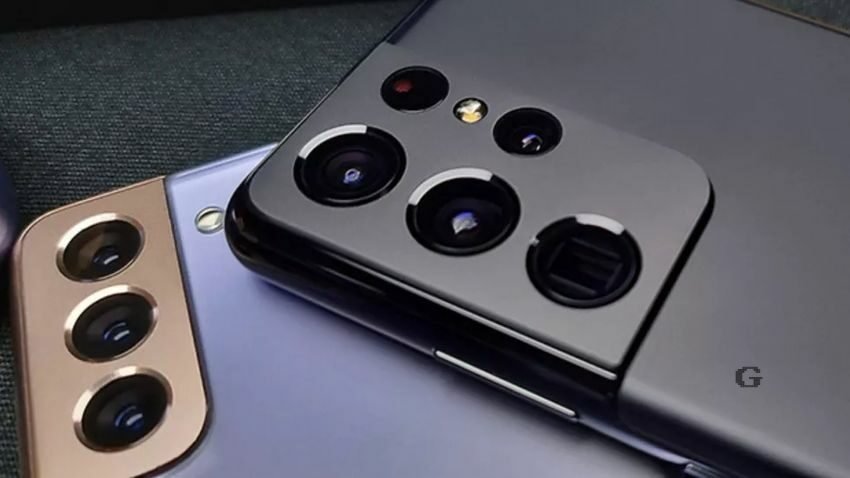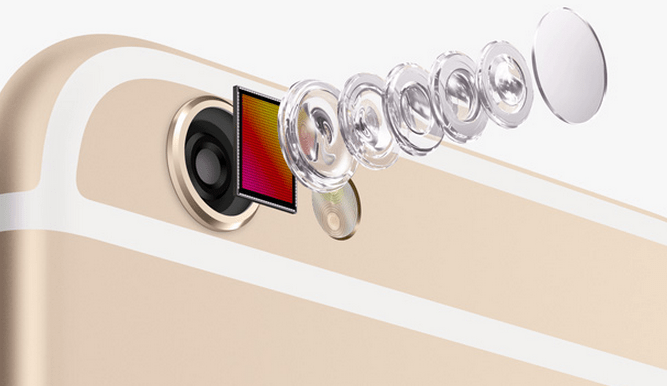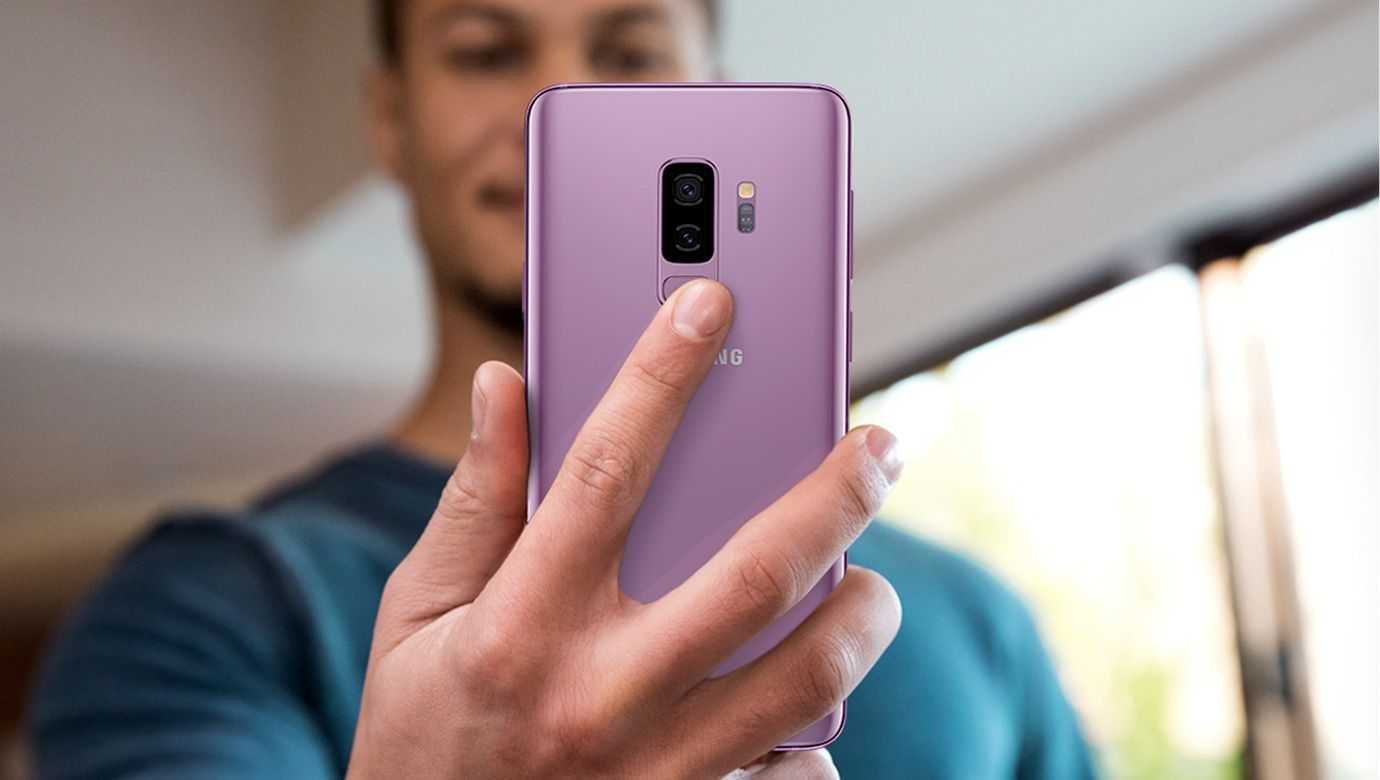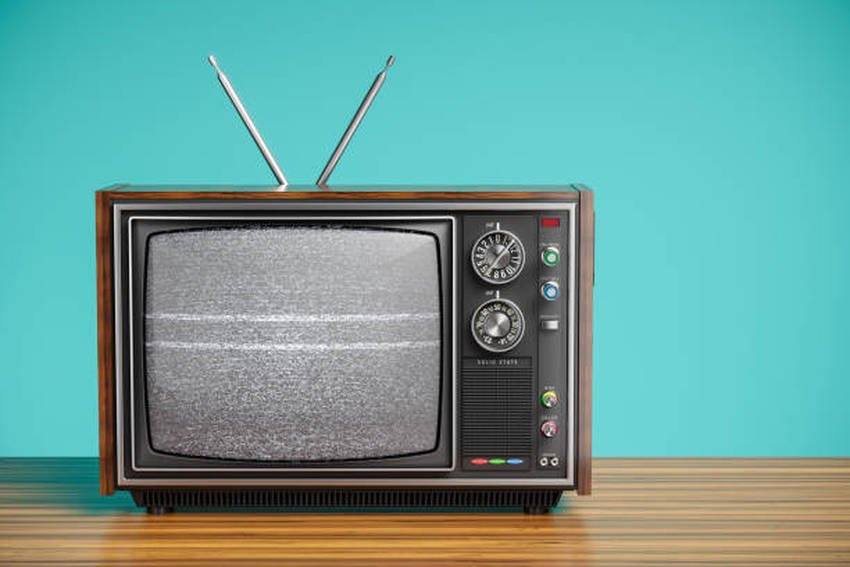Smartphone makers are doing their best to introduce new and exciting features. Some of them are successful, but some come only for marketing purposes. Like recording video in 8K.

While a growing number of iconic smartphones are available 8K video recording, is it really a useful skill or is it just a fad? Is 8K recording worth using? What is the best resolution for recording video on a smartphone or an action camera?
The bigger, the better, right?
Before discussing video size and quality, let me first tell you this: for photos, the higher the resolution, the better. Higher resolution photos are better for the obvious reason that they contain more information.
This means that you can enlarge, re-framing and reducing their scale to a lower resolution, while maintaining quality. For example, reducing the size of a 4K image to 1080p will always have a better result than capturing it at 1080p. Let's go to the videos now…
TIP: If you are confused by terms like 4K or 1080p, we recommend this article: What do 720p, 1080p, 1440p, 2K, 4K mean? What is the aspect ratio
Image quality and processing

When it comes to videos, the general thing is the same: for all intents and purposes, using higher resolution for video recording yields better quality for the final product, while everything else is the same.
But that's the point. On smartphones, when recording video, from one point onwards, the other settings are not the same. Even when shooting a video with all the aids off (like AI, HDR, etc.), the smartphone does some heavy editing on its own to make the videos more beautiful.
There is a golden ratio to this: if you lower it too much with the resolution, the video will appear in pixels, but at the opposite end, using the maximum resolution that a sensor can record will take away a lot of editing possibilities.
This is true even on a top device like the Galaxy S22. 8K recording usually produces videos that do not look better than those shot in 4K. In fact, some may argue that they look slightly worse, softer and with more artifacts.
In low light, the difference is even more visible. 8K videos are darker, with more noise, while 4K and 1080p videos can take advantage of the chipset's full processing power.
Of course, this is not necessarily the case with other top smartphones or action cameras. Some produce better quality video when recording in 8K, but the 8K technology for smartphones and action cameras has not yet matured and is now being formatted, and the results may not be as expected.
Processing power, battery life and heat

8K video recording drains the battery much faster than, say, 1080p download. The reasons are obvious: more data collected means more data to process, much higher processor usage and therefore more power consumption.
You will find out very quickly if you want to get a long video. In an action camera for example, shooting a video at 1080 can take up to 2,5 hours while at 8K you will be satisfied with about 15 minutes before the battery delivers spirit.
In the first 5 minutes with 8K download you will see your machine warm up due to high processor use. Of course it all depends on the temperature of the outside environment, ie whether you are shooting at a ski slope in winter or on the beach in summer.
However, internally the machine actually suffers from excess heat and more heat means more degradation of the battery over time because heat is the enemy of batteries.
File size

Here the obvious is true: the higher the resolution, the larger the resulting file. You can see it in the photos, but it becomes a real problem when it comes to videos.
And not just because of the space available on the smartphone or the action camera, since the capacity of the memory cards has reached 2T. Just try sending a 1K video recorded at 8K / 24fps to a friend. Or try editing a 10-minute 8K / 24fps video on your home computer.
A 8 minute 1K video at 24 fps on her new cell phone Samsung Galaxy S22, will occupy a space of about 600 MB! To transfer such a large file, you'll need either an unlimited cellular plan, or a Wi-Fi connection. Even if you have enough bandwidth, there are only a small number of apps that allow you to transfer such large files in one go.
Download flexibility

With the advancement of technology, 8K recording can begin to offer logical flexibility or even become ubiquitous.
However, in 2022, even when using the top models in mobile phones and action cameras, 8K shooting has significant limitations: you only have one of the three - four mobile phones available, you have less zoom, less / worse image processing , no HDR recording, low frame rate and the list goes on.
Especially on mobile, by taking things down a notch to 4K capture, you get almost the full set of features available on application Camera.
Reproduction

Perfect, you recorded your first video in 8K (7680 x 4320 pixels). And now what? Your own mobile phone at best has a screen with a resolution of 1440 x 3088 pixels and an equally good pixel density (~ 500 ppi). But this is not even 4K!
If you search around your house to find a device that could deliver 8K quality, you might be disappointed. Unless you have the money and already own an 8K TV, or equivalent projector etc. Realistically, very few people have access to displays 8K.
What is the best resolution for smartphone recording?
Considering all the above, is it worth taking 8K video from your smartphone or is it too much?
As it turns out, in 2022, with the technology currently available, it is not worth it. It will not be worth it even next year. Or the following. Even if 8K technology becomes affordable, you will only be able to take advantage of this resolution on 280-inch (7-meter) diagonal, high-resolution screens.
You will logically see in the coming years the 8K video recording and the 8K video editing, to become more and more flexible, in terms of its possibilities and quality, but even so, its use cases will be very limited.
Today, 8K recording on mobile phones is mainly for marketing purposes, as there are drawbacks: either there is no image stabilization, the frame rate is low or other features are missing.
4K recording in 2022 seems to be the real pinnacle of video recording, both in terms of shooting and playback. The resulting files are smaller than 8K, the resolution allows easy editing, you can compress your final video to 1080p and the result will be much better than shooting from the beginning at 1080p, and finally the support for playback 4K is becoming more widespread.
1080p video recording is the predominant one at the moment but it is probably moving towards the timeline of history. It's still great for everyday video recording using mid-range smartphones or even older flagships, but for real movie makers, it has become obsolete.





